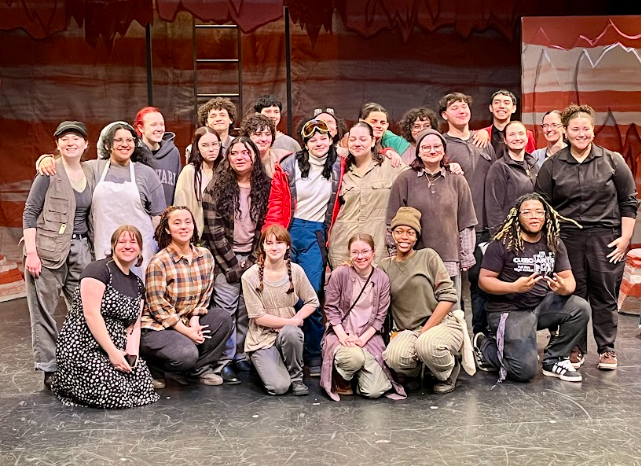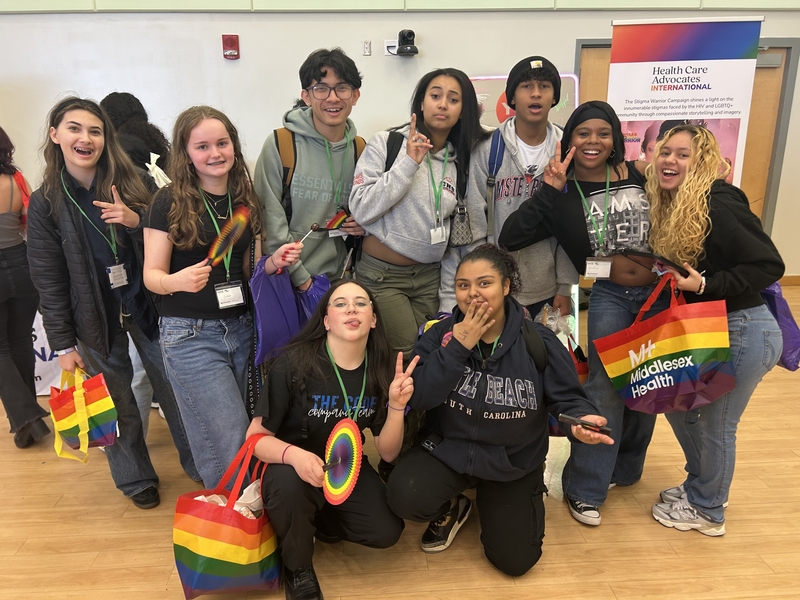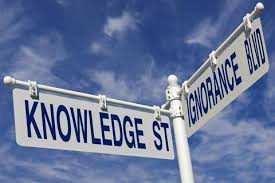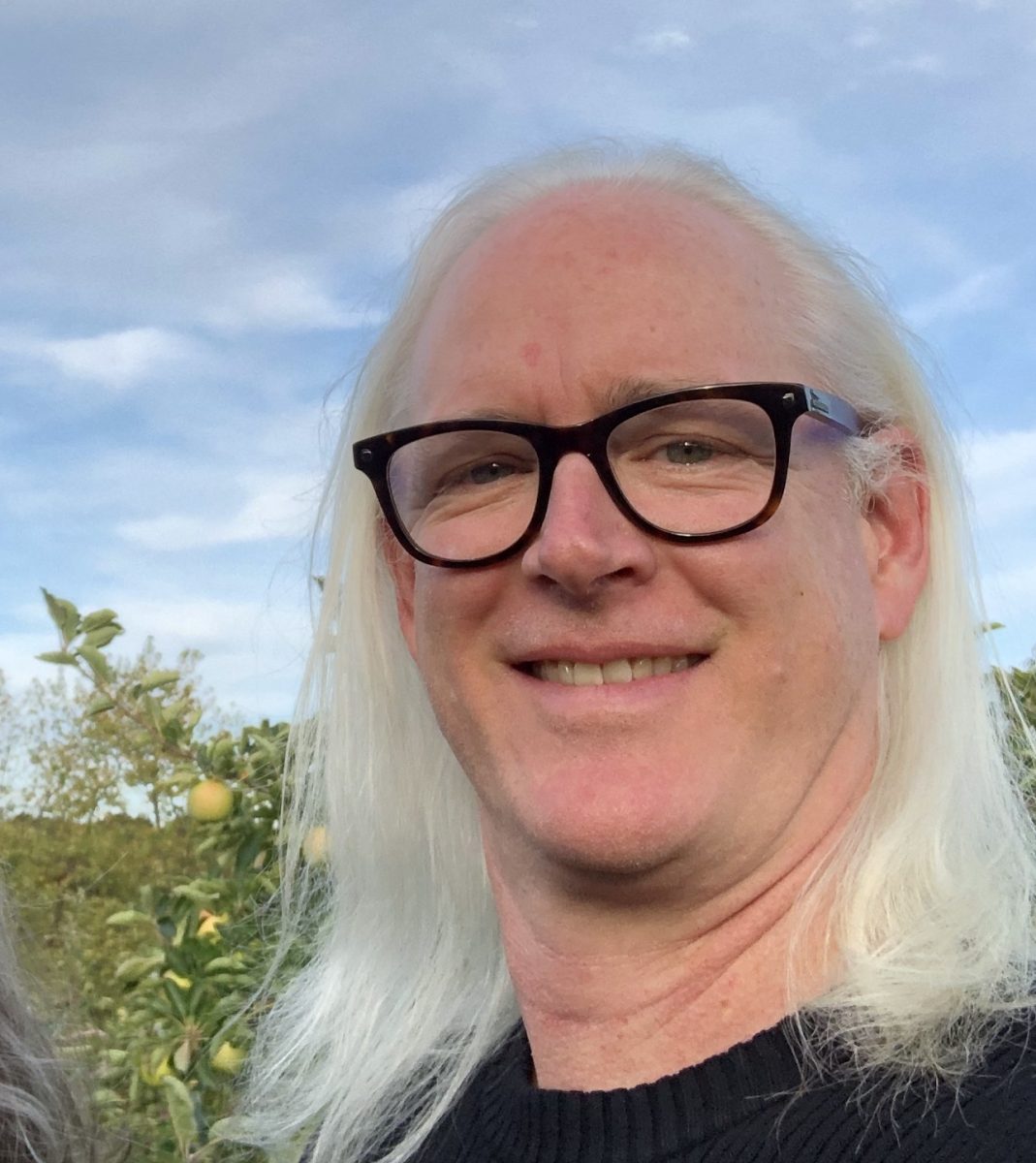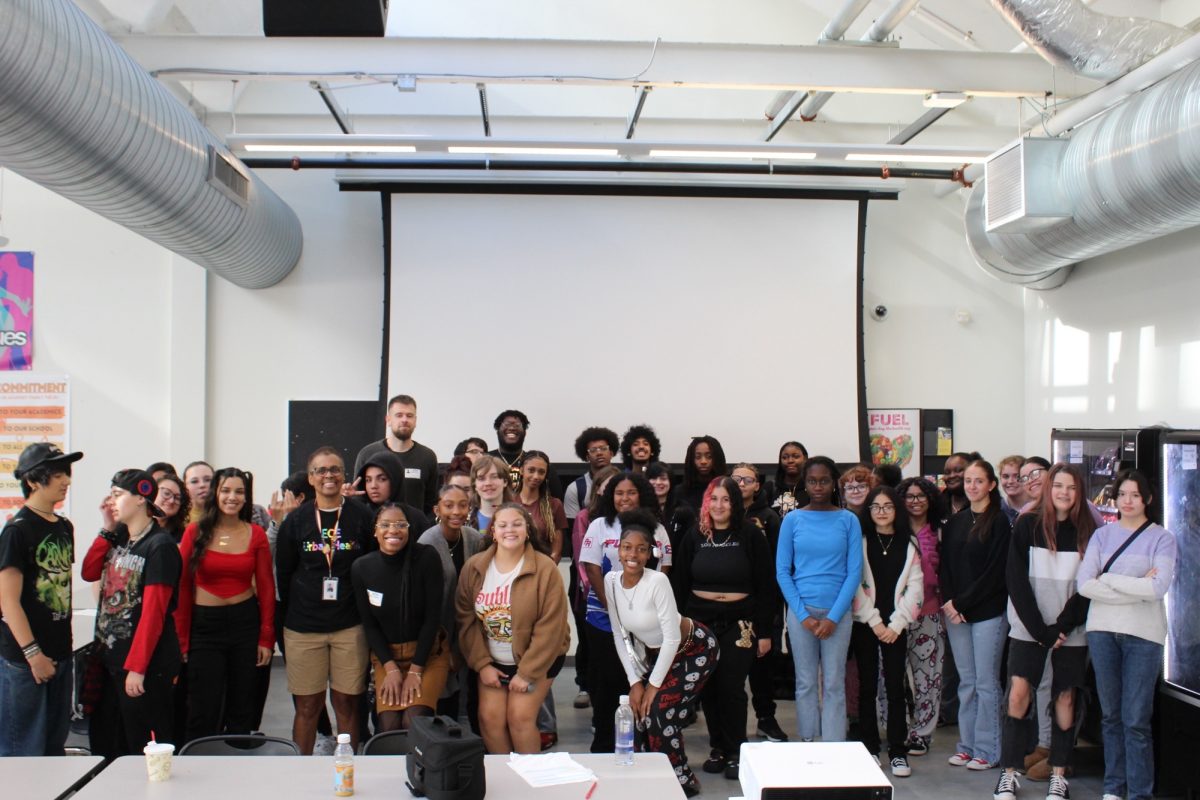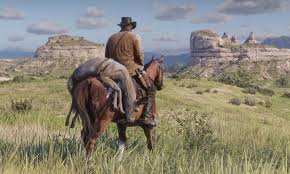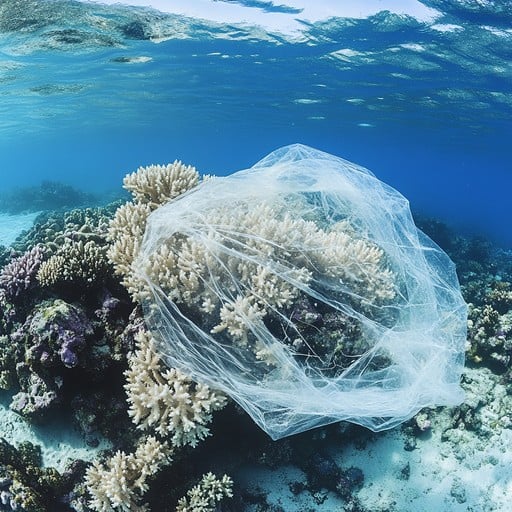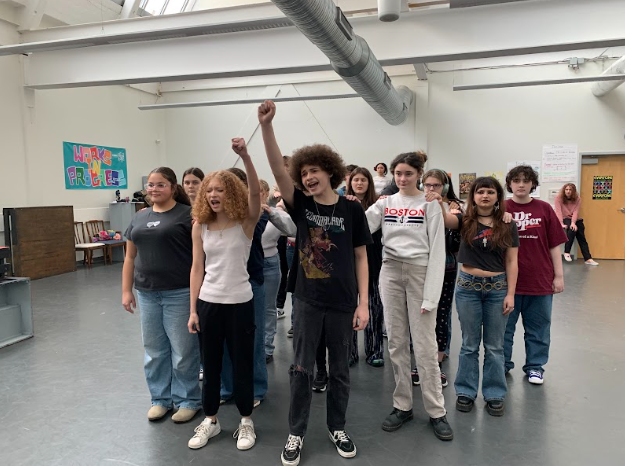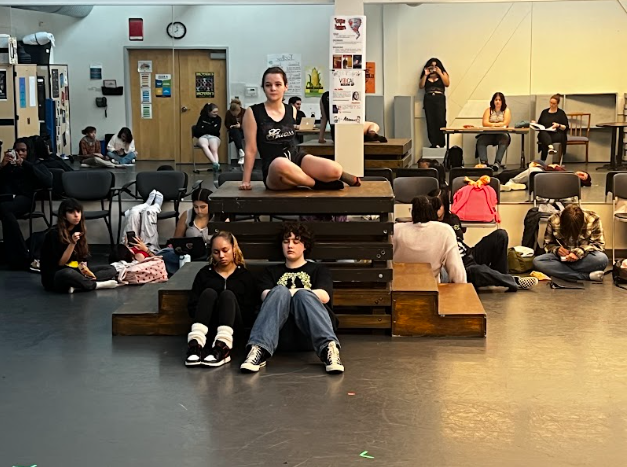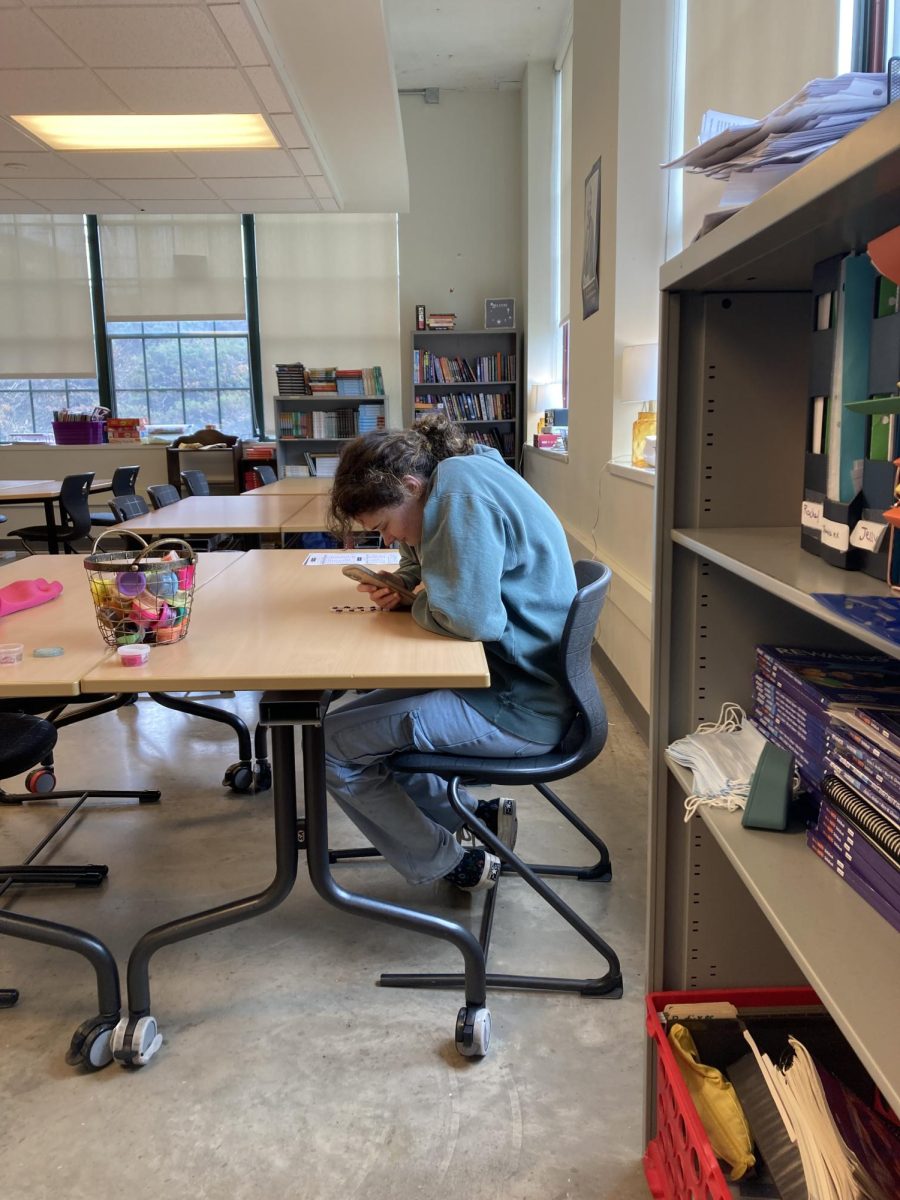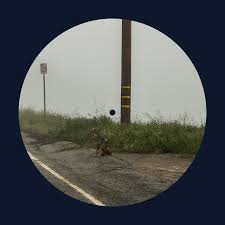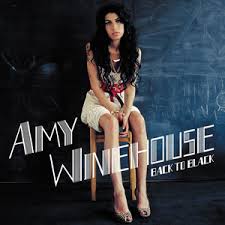People often talk themselves into dark places, in which they adopt a “nothing matters, nothing I do can make an impact” mentality. On the contrary, and in a somewhat harsher reality, everything we do makes an impact. A negative one: more often than not. The decline of our climate is, and has always been, a worldwide issue. The pure size of this issue makes many regard individual efforts as useless, or feel that there’s nothing to be done about it. Even a staggering 14% of American adults believe there’s no solid evidence supporting it as stated in data gathered by the Pew Research Center. While 14% may seem like a small percentage, that’s still roughly 47 million people. In this essay, I aim to cover some reasons why you, as an individual, should care, and how people can show their care on the issue.
In 2023, twenty-one species were delisted from the Endangered Species Act, not due to a recovery, but an extinction. The Endangered Species Act is currently protecting 1,662 U.S. species and 638 foreign species, adding up to a grand total of 2,300 species acknowledged as endangered (U.S. Fish and Wildlife Service 2023). Many reasons for the extinction and endangerment of these animals include human activities, habitat loss and destruction, pollution, overexploitation, and climate change. If you’re wondering why this should bother you, I’d ask that you consider thinking about life outside of humans for a moment. These things are alive – just like us – and need Earth’s resources just as much as we do. Capitalizing off a planet isn’t sustainable and will never be. However, if you find yourself struggling to do that, the loss of these species can greatly affect human life as well. Every species is an important building block in an ecosystem, so when a species becomes endangered or extinct, it causes a chip in an ecosystem’s armor and contributes to a decline in health. We rely on ecosystems for clean air, water, and land. The further we allow this decline, the more we’ll suffer from it.
Humans have also posed a great threat to coral reefs, an ecosystem responsible for the support of nearly a quarter of marine biodiversity. Coral reefs also support the fish that feed communities and serving as a major source of our world’s oxygen. There’s a reason the ocean is considered the ‘Lungs of the Earth,’ though it’s also proved to be our largest carbon sink. In data presented by the United Nations, the ocean absorbs approximately 25% of our world’s carbon emissions through the photosynthesis of oceanic organisms like phytoplankton and coral. However, NASA has raised the concern that the oceans will no longer be able to absorb as much CO2 as it used to, leading to warmer oceans. Though damage is still happening, efforts can still be made to keep it clean and preserve the communities that live in its system: both human and non-human alike. The ocean feeds and protects the entire world, whether it be acting as a carbon sink, providing coral reefs that support marine life, and providing ocean-related occupations.
One of the main reasons we are doing this to our planet is greed; the consistent argument of “people need these resources too,” is not sustainable. We must make peace with the fact that we do not, under any circumstances, own this planet. Our attempts to do so have done nothing but harm us in the long run, driving native species from their homes and to extinction, and disrupting a natural balance and expecting machinery to take its place. Ignoring the issue in favor of the excuse that people need money and resources will only leave us with nothing within our lifetimes. These living beings never agreed to be a product. Reducing the flora that allows us to breathe into profits and simple resources without giving thought to the life depending on it is just plain cruel. Humans are no less invasive than the common carp, and we’re supposed to have the brains to at least be conscious of that fact.
So what can we do about that? If you find anyone unbothered or unconcerned with these ideas, consider raising this issue. Acknowledge your impact. The mines needed, ecosystems disrupted, to gather the materials it took to create whatever screen you may be reading this on, the forests these buildings replaced. Reduce your use of single use plastic; even when recycled, it ends up in landfills, and every piece of plastic is a scar that will likely never entirely decompose within our lifetime. Treat clothes the same, as thrown-away clothing often ends up in the same place. Every discarded piece of clothing or plastic will outlive you, even as it breaks down into something unrecognizable.
Instead, invest in second hand clothing, as there is minimal difference, quality wise, between what you’ll find at Goodwill and what you could find at the mall. Especially if you buy fast fashion under the excuse that it’s cheaper; second-hand clothing is just as cheap and comes without the background of unethical labor practices. Limit AI usage, as the heat produced by the use of generative AI causes great harm to the environment. Turn off your lights when you leave the house, don’t litter, volunteer when and where you can, make electronics last, and reduce, reuse, and recycle.
I’m not asking you to plant a forest, to single handedly clean the ocean, to donate, or to protest. I’m not even asking you to go outside and enjoy what nature has to offer. I’m telling you to care, know your impact, and do what you can to lessen it. There’s always a way for you to make a good impact. This crisis is growing, and it can’t be ignored with worsening weather patterns, less biodiversity, and rapid deforestation. Educate yourself and remember we aren’t the only ones trying to survive here.
